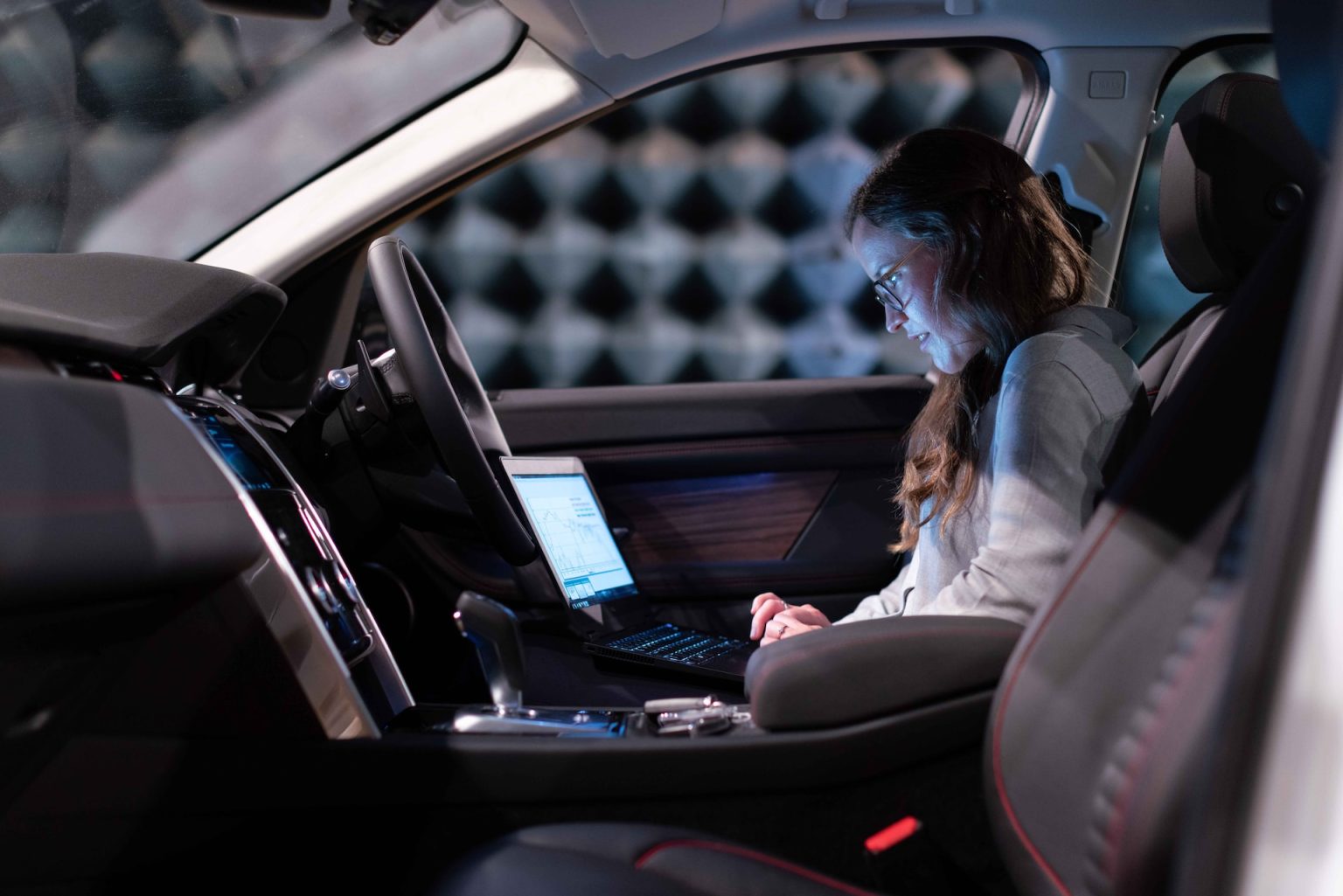On May 21st, an unsettling incident in San Francisco cast a shadow over Waymo’s self-driving technology, triggering a wave of debate around the ethics and accountability of autonomous vehicles.
Waymo, a subsidiary of Alphabet Inc. and a leading name in autonomous vehicle technology, has been running its self-driving taxi service in the city for some time now. According to reports from KGET, one of these self-driving taxis tragically hit and killed a small dog in San Francisco.
The unfortunate event took place in the busy streets of the Mission District. The canine victim, a local pet named Daisy, unexpectedly dashed into the road, and despite the technological prowess of Waymo’s autonomous vehicle, the accident could not be avoided. An “autonomous specialist” was in the car at the time of the accident but was unable to avoid the dog.
Looking At Equipment
Autonomous vehicles, including Waymo’s fleet, are equipped with an array of sensors, Lidar, and radar systems designed to detect and respond to moving objects around them. They have been tested extensively, often far exceeding the mileage of a human driver, and have demonstrated exceptional capabilities in handling various road conditions and scenarios.
Yet, they are not flawless, and Waymo cars have experienced a number of crashes. The National Highway Traffic Safety Administration reported 130 incidents with autonomous vehicles between June 2021 and May 2022, 62 of which involved Waymo vehicles. This tragic incident highlights a key concern – unpredictable real-world situations.Company Response
The reaction from Waymo was prompt. The company extended its deepest condolences to Daisy’s family and has launched a thorough investigation into the incident. Waymo has recently highlighted the safety of their vehicles in a published report about their safety record when they hit 1 million miles driven. Evidence shows that most car accidents are caused by human error, including distracted driving and impaired driving. Waymo argues that these risk factors are eliminated by their self-driving technology. But, as one might expect, this tragic event has stirred a broader conversation about the ethics and accountability of autonomous vehicles, often epitomized by the classic ‘trolley problem.’
An Unsettling Dilemma
The trolley problem, a hypothetical dilemma, essentially asks: if an autonomous vehicle faces an unavoidable accident, should it be programmed to prioritize the lives of its passengers or pedestrians? This moral conundrum becomes even more complex when we involve non-human lives, as in the case above.
Questioning Accountability
While this is an isolated incident, and the death of a pet might not hold the same gravity as a human life for some, it does highlight potential shortfalls in the system’s ability to manage sudden, unpredictable situations.
It raises critical questions about accountability. Who is at fault in such incidents? The software developers who coded the AI? The operators who oversee the taxi service? Or is it the owner for not restraining their pet?
Technological Advancements Continue
The technology for self-driving cars is undeniably advancing at a breathtaking pace. However, it is clear that there is a pressing need for robust regulatory frameworks that address such complexities. Transparency in how these autonomous systems make decisions in critical moments is also essential.
Moreover, it is not just about the laws that govern us; it’s also about the social contract that autonomous vehicles need to adhere to in the complex human society. At the end of the day, these machines are sharing the roads, the neighborhoods, and the communities with us.
Thinking of the Future
The unfortunate incident of the death of a dog in San Francisco should serve as a wake-up call to the industry. We should remember that each technological advance should be matched with equivalent progress in ethical considerations and accountability mechanisms. In 2022, Waymo had 300 driver-less cars in San Francisco and this number continues to grow. With more automated vehicles on the road, there will likely be more safety issues to address.
As we continue to weave AI more intricately into the fabric of our lives, we must remain vigilant in questioning, guiding, and challenging this integration in order to ensure it serves us, the humans, in the most beneficial, safe, and ethical manner possible.

